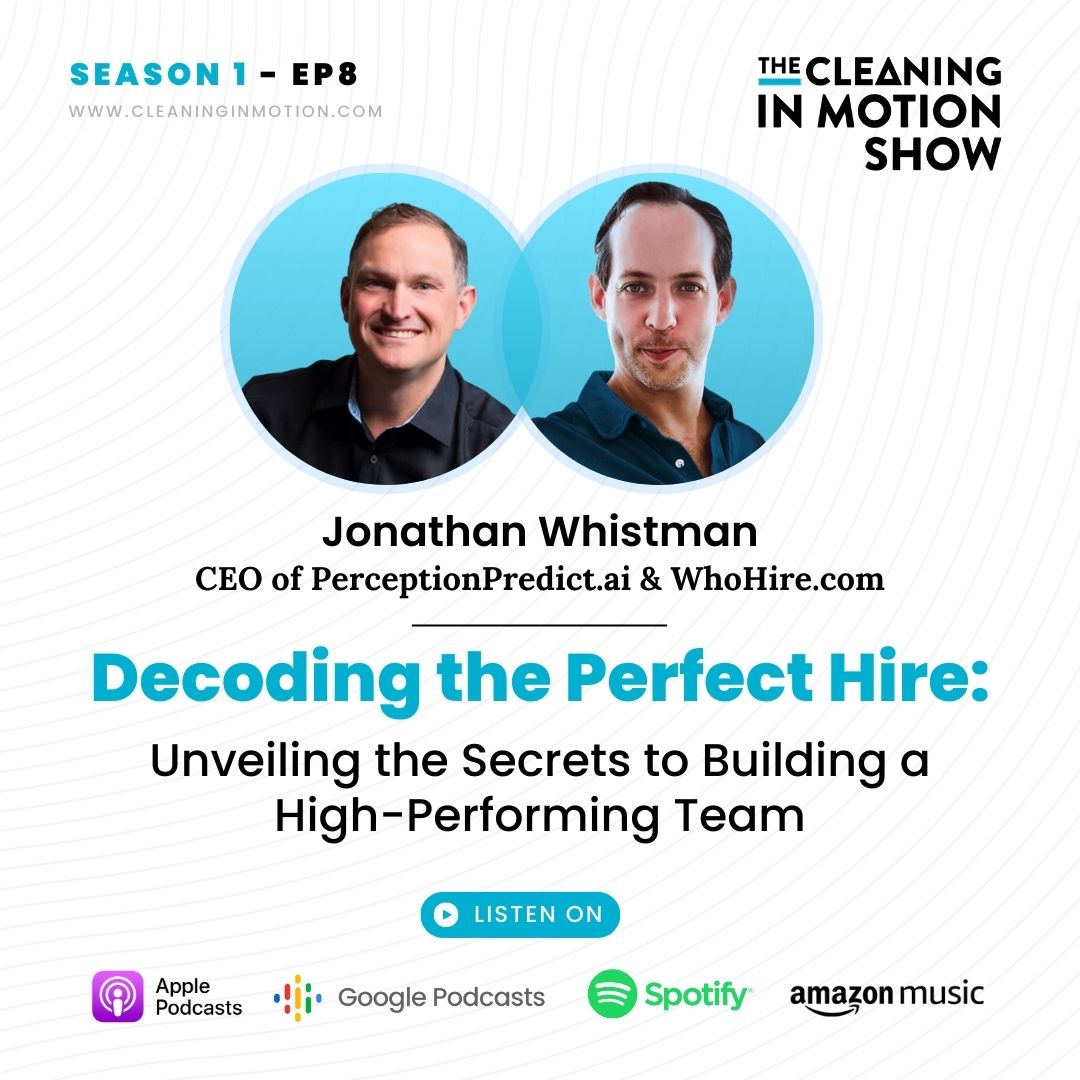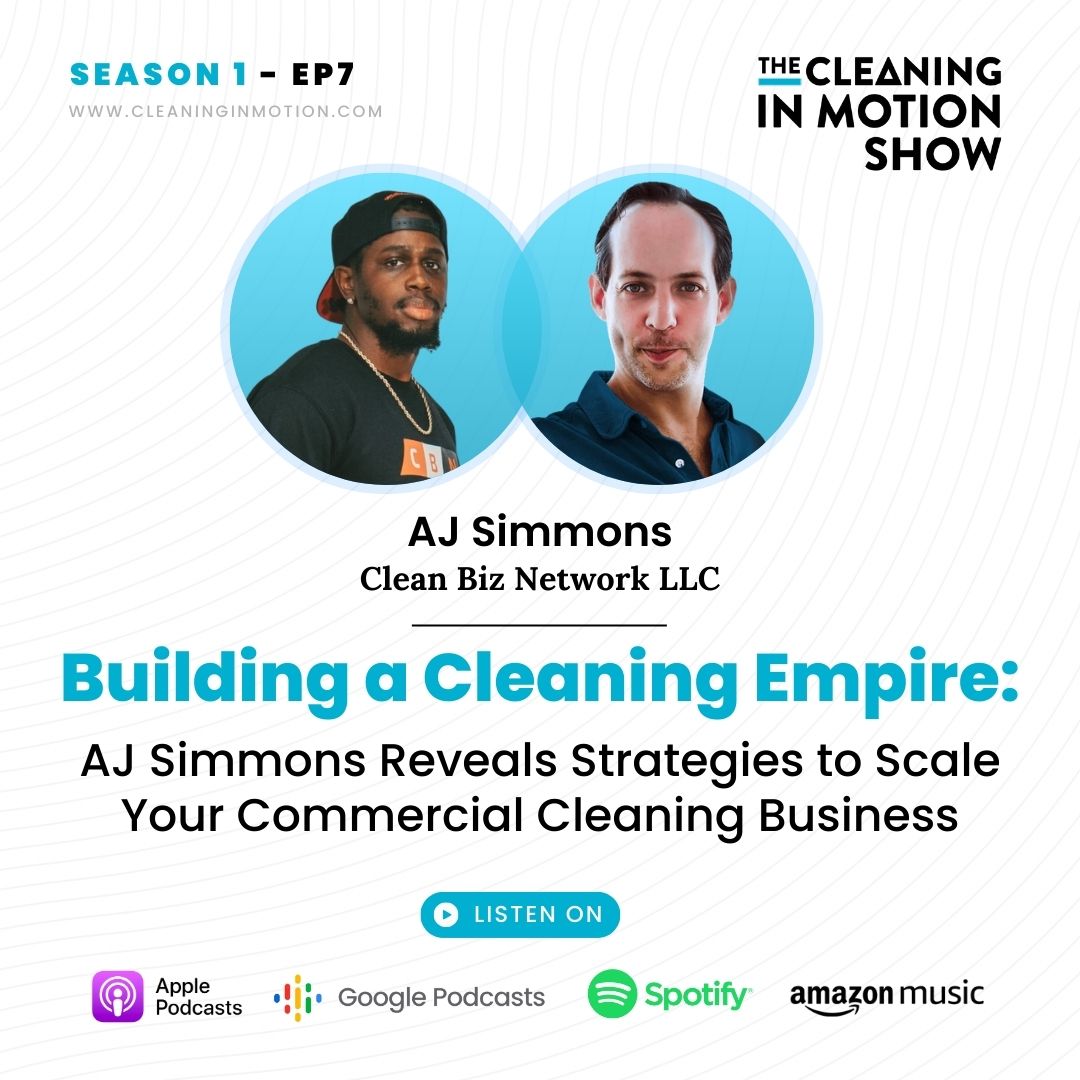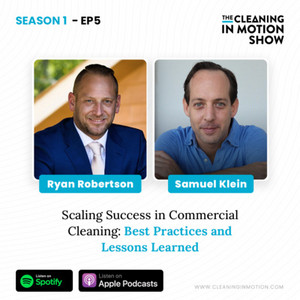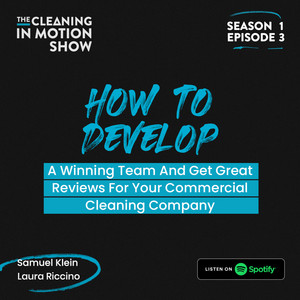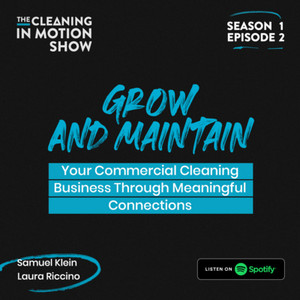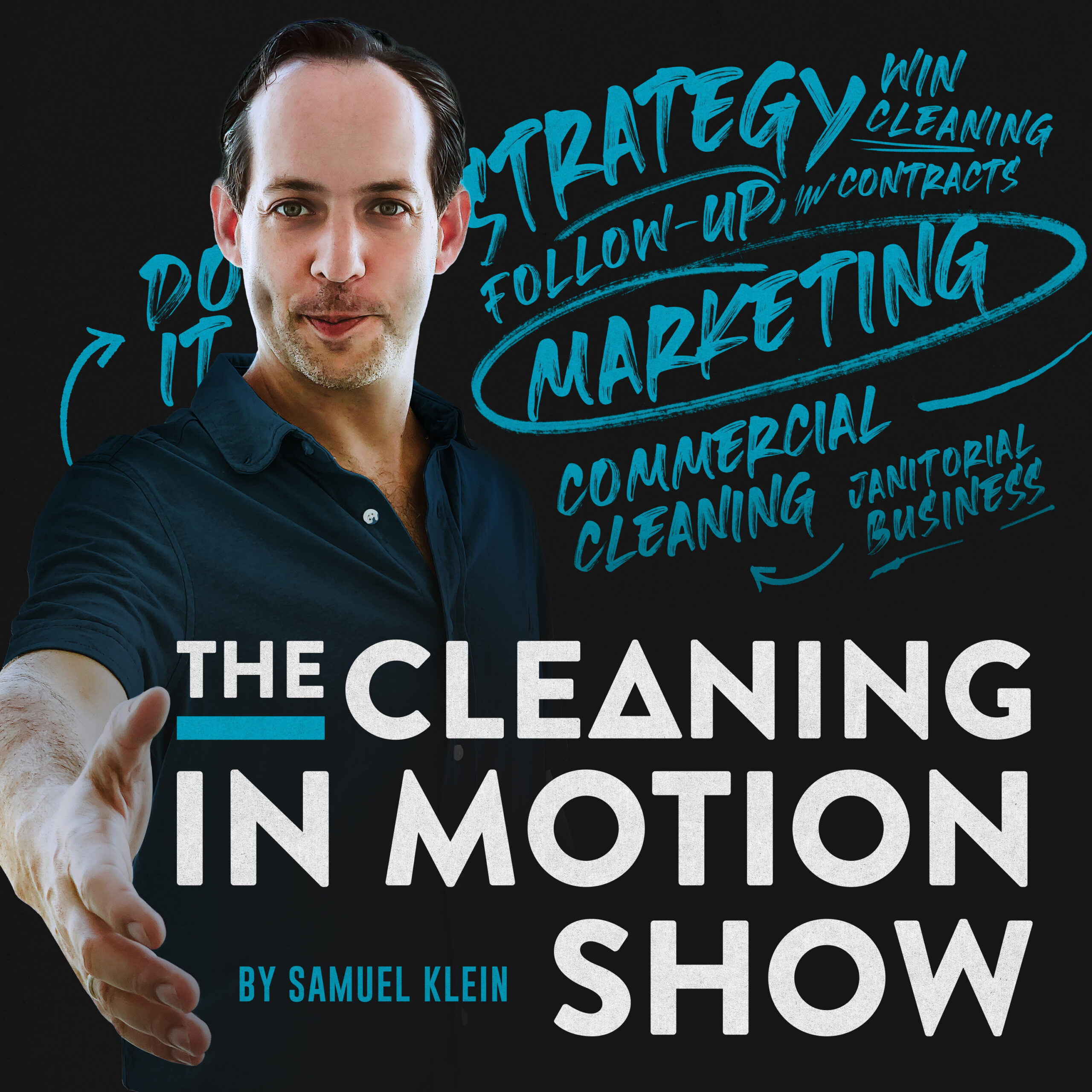

Redefining the Future of Janitorial Operations
Available in:
Sumary
In this enlightening episode of Cleaning in Motion, we're joined by Gerald Fong, serial entrepreneur from Silicon Valley and CEO of BrightGo, to discuss innovation in the commercial cleaning industry.
Gerald, with his rich background in tech and software, brings a fresh perspective to the challenges and opportunities within janitorial operations. The episode provides a deep dive into Gerald's transition from the tech world, where he contributed to major initiatives at companies like Facebook and Instagram, to leading the charge in modernizing commercial cleaning operations with BrightGo.
Sam and Gerald’s conversation sheds light on the critical need for innovation in the industry, focusing on improving workforce management, enhancing quality control, and tackling the pervasive issue of time theft.
As Gerald shares his insights and experiences, listeners will gain an understanding of how BrightGo's solutions are making a tangible difference in the commercial cleaning sector.
The discussion goes beyond the surface to explore the emotional and numerical benefits better operational control can bring to businesses, from increasing efficiency and payroll accuracy to transforming overall business management.
This episode is a must-listen for anyone interested in the intersection of technology and commercial cleaning, offering valuable entrepreneurial insights and showcasing how innovative solutions like BrightGo are setting new standards for the industry.
Transcript
[shortcode-transcript]







